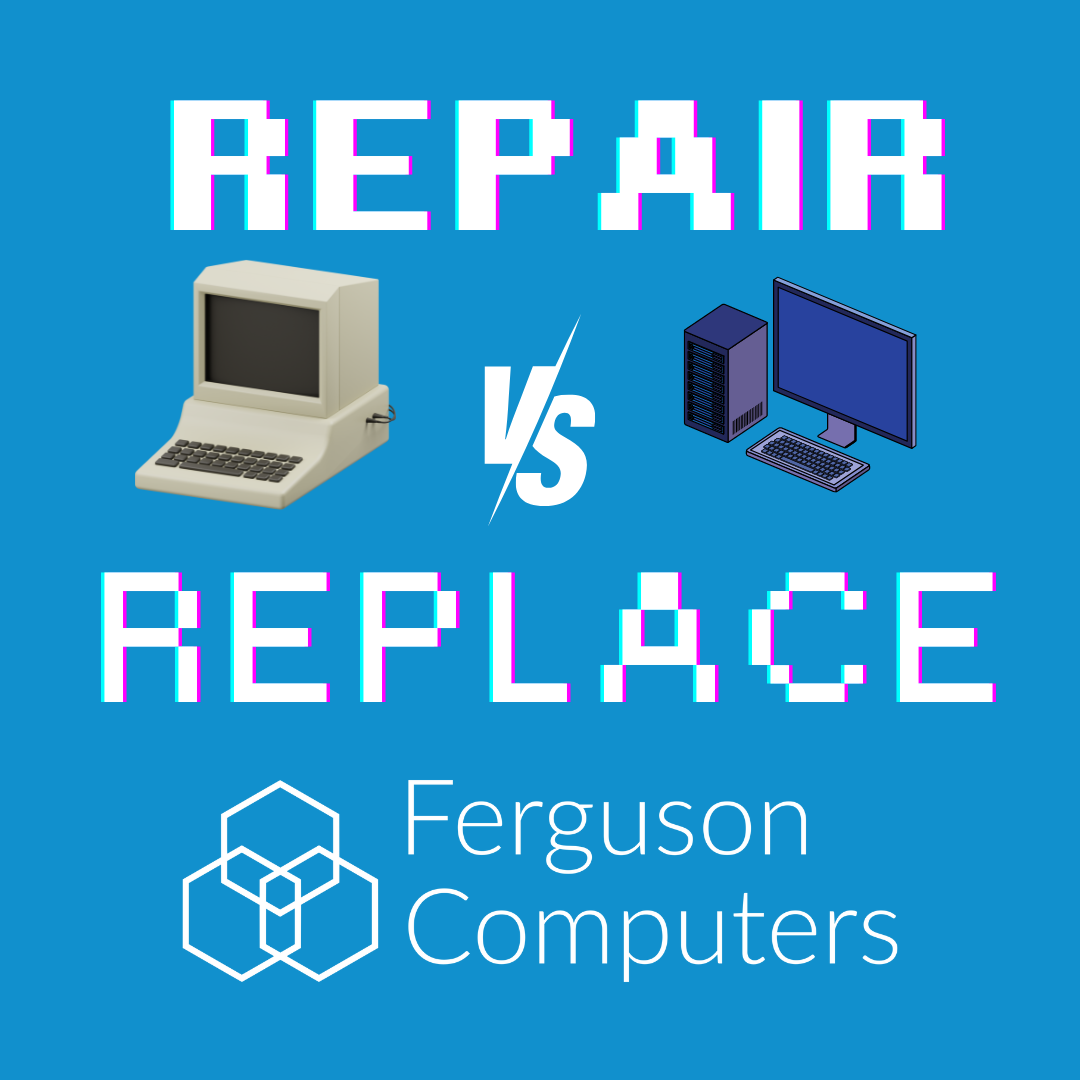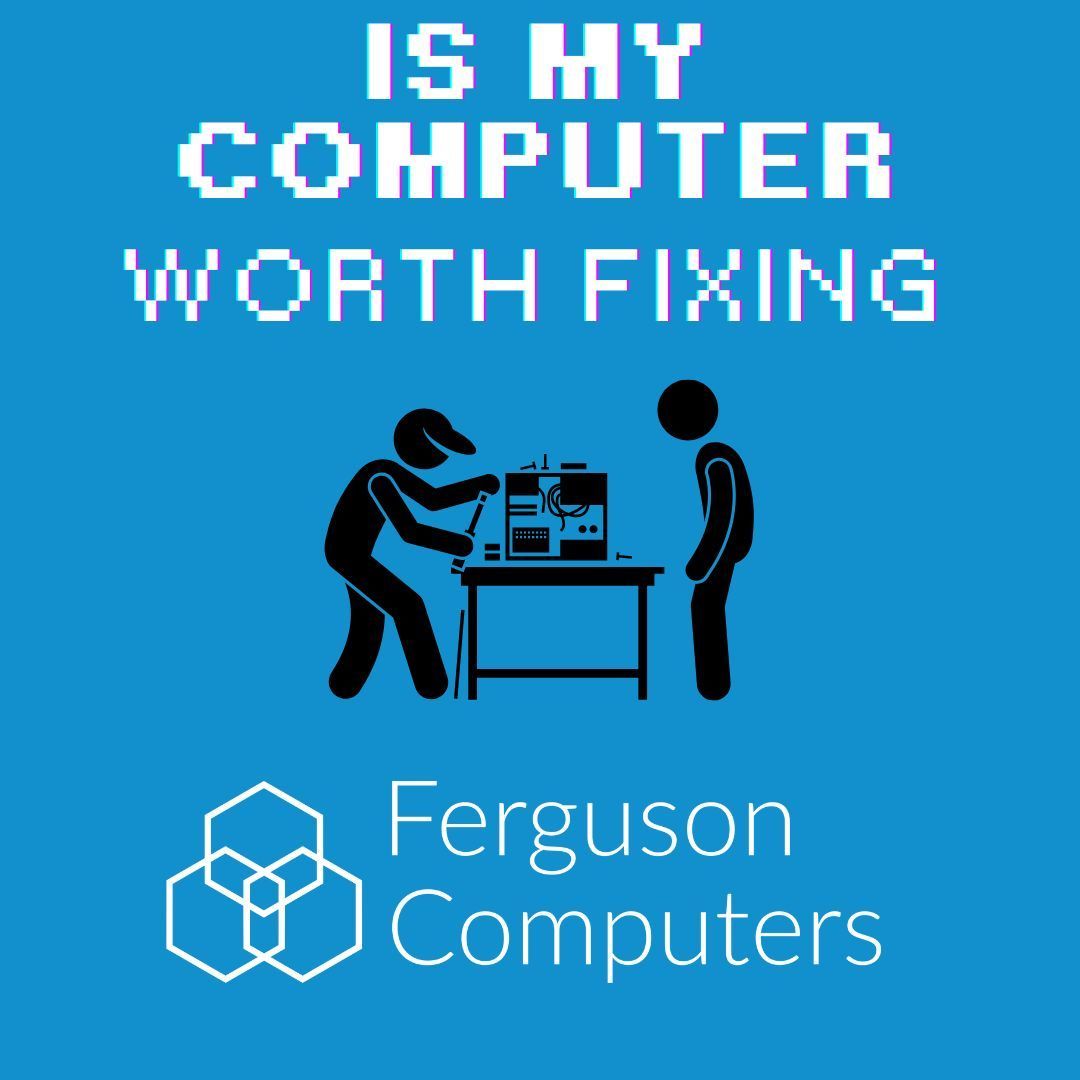Top 10 Common PC Building Mistakes Beginners Make
Here are some rookie errors you could make
Building your own PC is a rewarding experience that allows you to customise your system to meet your exact needs. However, for beginners, the process can be a bit daunting, and it’s easy to make mistakes that can lead to frustration or even damage your components. To help you avoid these pitfalls, here are the top 10 common PC building mistakes beginners often make:
1. Not Researching Compatibility
One of the biggest mistakes is not ensuring that all components are compatible with each other. This includes checking that your CPU fits the motherboard socket, that your RAM is compatible with the motherboard, and that your power supply can handle the power requirements of your components. Always double-check compatibility before purchasing your parts.
2. Skipping the Manual
Many beginners are eager to jump right into building and skip reading the manuals. Each component comes with its own set of instructions, and following these carefully can prevent issues like improper installation, missed connections, or even damaging your parts.
3. Forgetting to Install Standoffs
Standoffs are the small pegs that you screw into the case to keep the motherboard elevated off the case’s metal surface. Forgetting to install them can cause your motherboard to short circuit, leading to potentially catastrophic damage. Always ensure the motherboard is securely mounted on the standoffs.
4. Improper Cable Management
Poor cable management can obstruct airflow within your case, leading to overheating. It can also make your build look messy and make future upgrades or repairs more difficult. Take the time to route your cables neatly, using cable ties and the designated routing areas within your case.
5. Applying Too Much or Too Little Thermal Paste
Thermal paste helps transfer heat from your CPU to the cooler. Applying too much can cause it to spill over onto the motherboard, potentially causing shorts. Applying too little won’t provide enough coverage, leading to poor cooling performance. A small, pea-sized amount in the centre of the CPU is usually sufficient.
6. Forgetting to Connect All Power Cables
It’s easy to overlook some power connections, especially the CPU power connector or the additional power connectors required by high-end graphics cards. Double-check that all necessary power cables are connected before trying to boot your system.
7. Not Testing the Components Before Installing Them
Testing your components outside the case—often called a "bench test"—can save you time and frustration. This involves setting up the motherboard, CPU, RAM, and GPU outside the case and powering them on to ensure they all work properly. It’s much easier to troubleshoot issues before everything is installed in the case.
8. Ignoring Airflow Considerations
Proper airflow is crucial to keep your PC cool. Beginners sometimes install case fans without considering airflow direction, leading to poor cooling performance. Ensure that you have a balance of intake and exhaust fans, with cool air being drawn in and hot air being expelled.
9. Handling Components Without Proper Precautions
Static electricity can damage sensitive components like the CPU, RAM, and motherboard. Always ground yourself before handling components by using an anti-static wristband or frequently touching a metal part of your case. Avoid working on carpeted surfaces, which can increase static build up.
10. Neglecting to Plan for Future Upgrades
When building your PC, it’s important to think about future upgrades. Ensure that your case has enough space for additional components, that your power supply has enough wattage to handle potential upgrades, and that your motherboard has extra slots for more RAM or storage.
Conclusion
Building a PC is an exciting journey, but avoiding these common mistakes can make the process smoother and more enjoyable. Taking the time to plan, research, and carefully assemble your components will ensure your PC runs efficiently and reliably. If you’re ever unsure, don’t hesitate to consult tutorials, guides, or seek help from experienced builders.
Remember, patience and attention to detail are key. Happy building!

Where We Are
Explore
Opening Times
Tue - Fri: 11am - 6pm
Sat: 11am - 5pm
Sun-Mon: Closed










